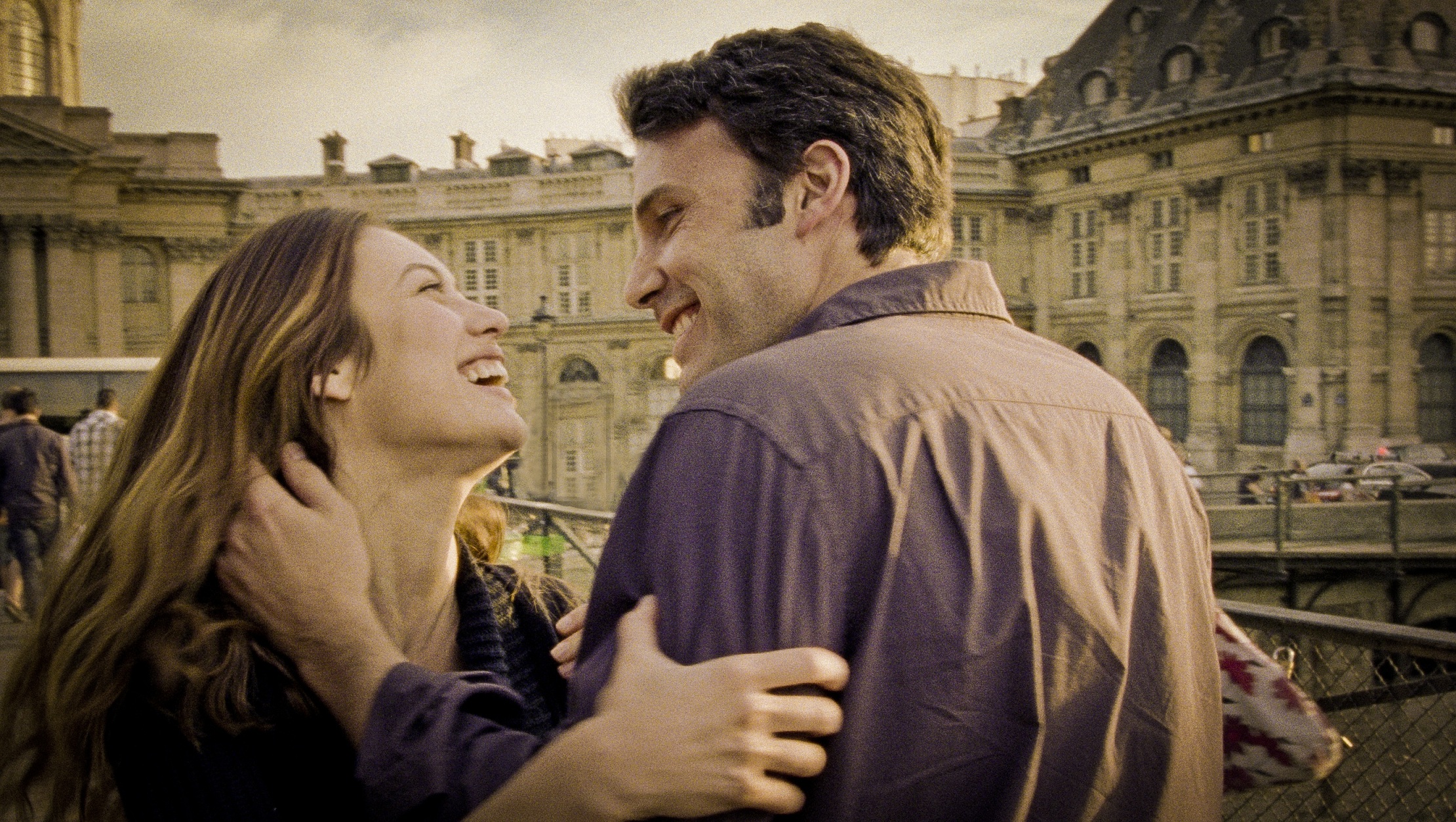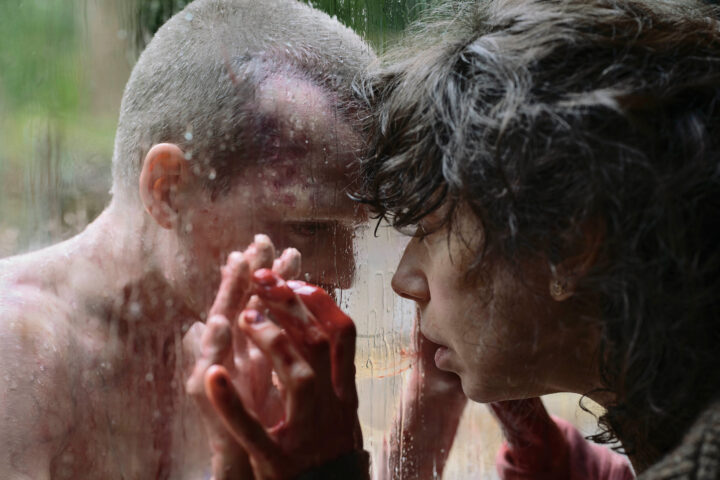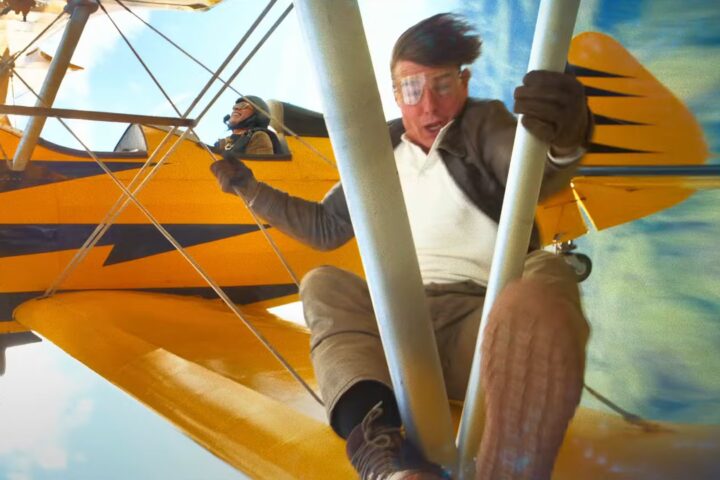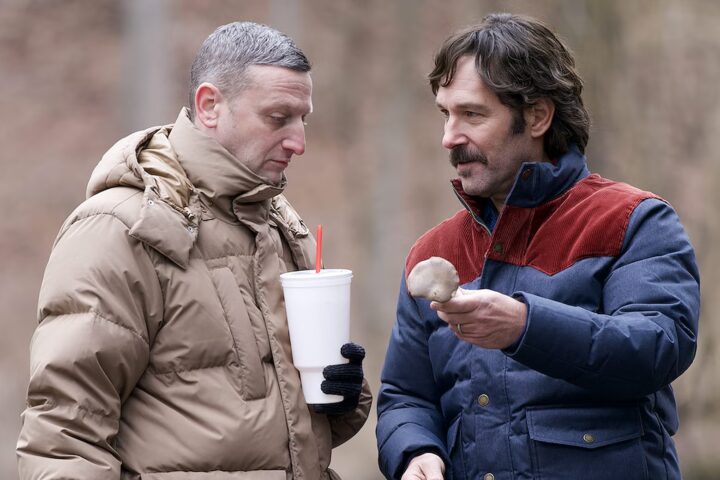Continuing his departure from conventional storytelling, Terrence Malick’s To the Wonder is a frustratingly abstract experience that’s either an accomplished piece of narrative minimalism or empty and underwritten. As much as I admire maverick Malick, one of the few American visionary directors left and whose 2011 Tree of Life was an unmitigated allegorical masterpiece of lost innocence, To the Wonder—despite its at times languorous beauty—comes up short.
In a picture with reportedly autobiographical overtones for the famously private filmmaker, Ben Affleck and Olga Kurylenko play lovers who meet in Paris and instantly fall in love amidst beautiful architecture and cityscapes, presented here as a swooning dovetail into grand romance. She’s a young mother with wanderlust, he a smitten Oklahoman.
Marina (Kurylenko) follows Neil (Affleck, strong and silent as a Malick surrogate) back to the heartland with her young daughter (Tatiana Chiline) in tow, where their affair promptly ignites and then disintegrates, leaving her stranded in isolation, a suburban strip mall wasteland landlocked by wheat fields.
While not investigating the effects of industrial pollution on the local community (or something like that), Neil also enjoys a dalliance with another woman (Rachel McAdams) while the troubled pair drifts from lovemaking to arguments to indifference.
Meanwhile, a priest (Javier Bardem) with faltering religious convictions finds spiritual transcendence in catering to the poor and downtrodden while questioning the existence of God, the most compelling portion of this meandering film.
Extreme patience is necessary to appreciate this picture, a movie with nary any dialogue, delivered in mannered whispers narrating a story so opaque as to be uninvolving, despite the obvious artistry on display. What Malick seems to be getting at—not a new topic—is the disillusionment when romantic love gives way to real life.
But he seems curiously unable to commit to seriously exploring this idea, instead content to rely on pretty pictures which remind of us his much better 1978 Days of Heaven, one of cinema’s all-time visual achievements. Here, the actors perform as if they were minimally directed beyond rudimentary physical cues to evocatively move them around the film’s locations.
An accomplished visual and aural tone poem if little else, To the Wonder is more curiosity than compelling and feels every 113 minutes of its running time, a movie that stubbornly refuses to give us characters or story, content to merely observe emotional states of being, an overlong montage of whispers and mysteries.
2 stars.



